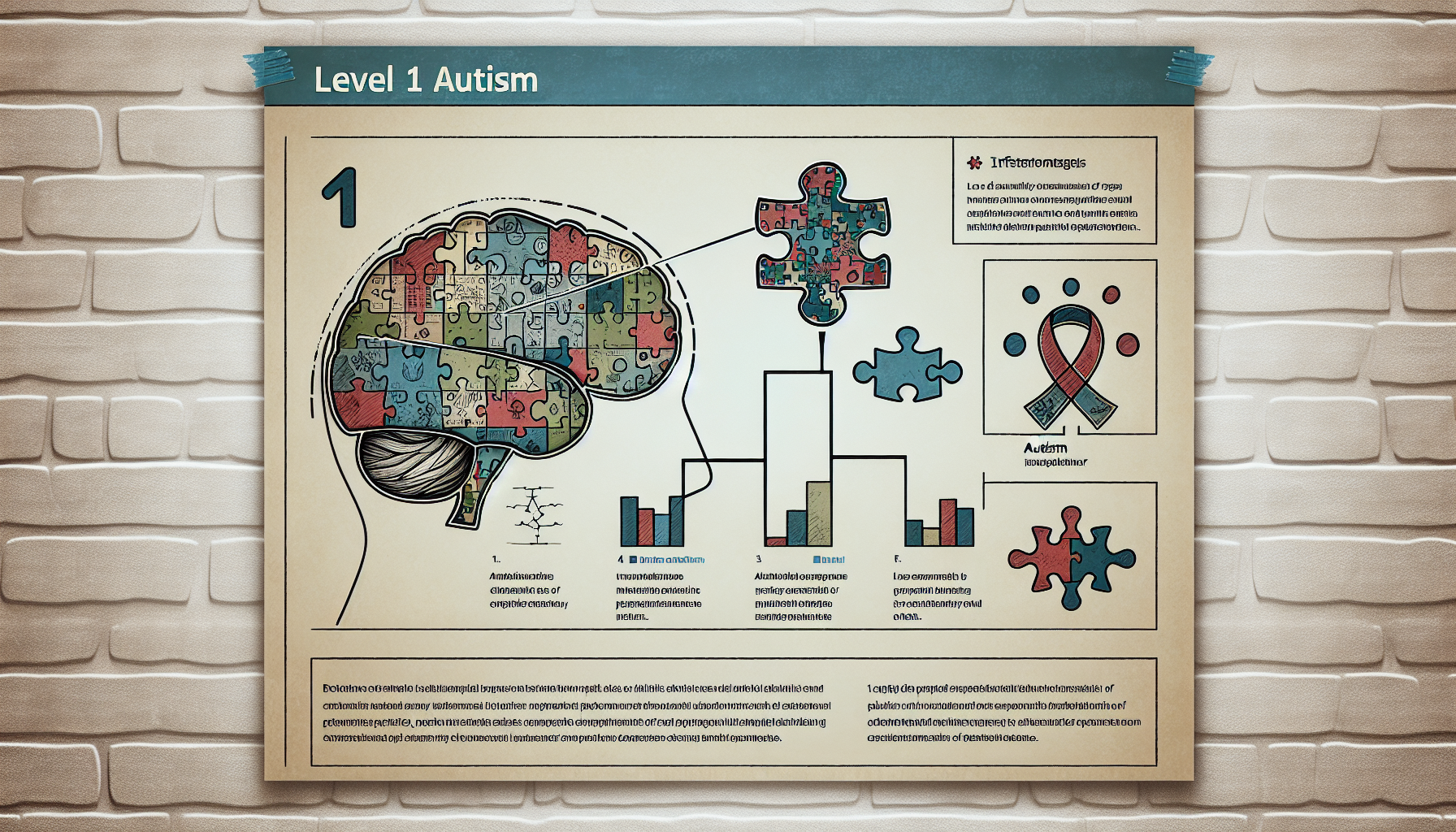Silent Struggles: Confronting the Reality of Autism Speech Delay
Confronting autism speech delay - understanding, diagnosing, and supporting children. Uncover the reality and find hope.

Understanding Autism Speech Delay
Autism spectrum disorder (ASD) is a complex neurodevelopmental disorder that can affect various aspects of a person's life, including communication, social interaction, and behavior. One of the hallmark symptoms of ASD is difficulty with communication, which may manifest as speech and language delays. While speech delay can be a potential early sign of autism, it is important to note that not all children with speech delays have autism.
The Link Between Autism and Speech Delay
Research indicates that children with autism may exhibit speech and language delays, with some studies suggesting that up to 40% of children with autism experience this delay. However, it is crucial to understand that speech delay alone does not necessarily indicate that a child has autism. There can be various factors contributing to speech delay, such as hearing impairment, developmental disorders, or language disorders.
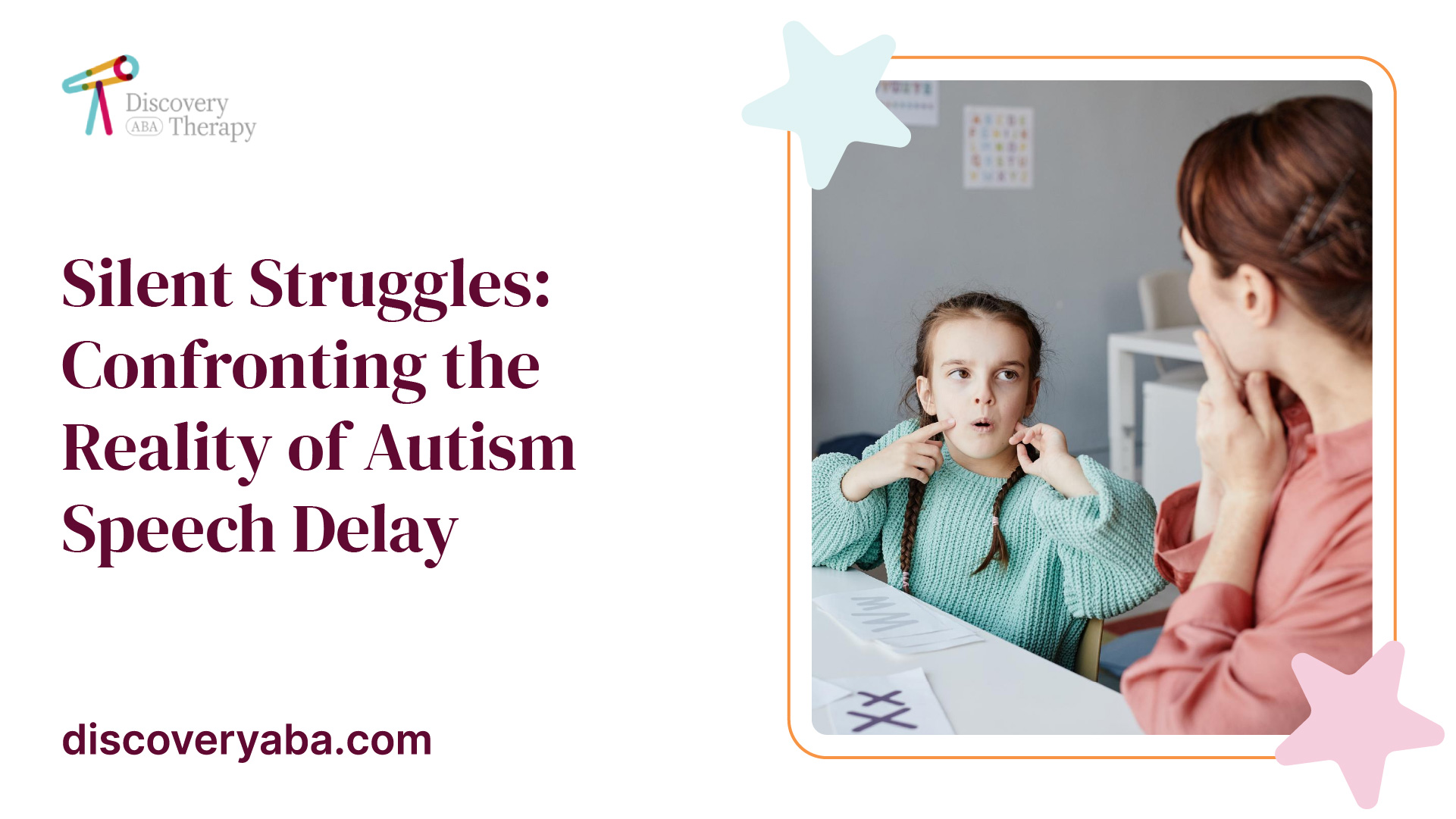
The causes of autism with speech delay are not entirely understood, but research suggests that a combination of genetic and environmental factors may play a role. Studies have found that a family history of ASD, as well as certain genetic mutations, can increase the risk of developing autism. However, it is important to note that not all individuals with autism have a family history of the disorder, and the presence of a genetic mutation does not guarantee the development of autism.
Early Signs of Autism Speech Delay
Recognizing early signs of autism speech delay is crucial for timely intervention and support. While every child develops at their own pace, the following signs may indicate a potential speech delay associated with autism:
- Lack of babbling or limited vocalizations by 12 months of age.
- Delayed onset of words or a limited vocabulary.
- Difficulty with pronunciation or unclear speech.
- Difficulty initiating or sustaining conversations.
- Limited use of gestures, such as pointing or waving.
- Difficulty understanding and following verbal instructions.
It is important to remember that these signs alone may not be definitive evidence of autism. Consulting with a healthcare professional or a speech-language pathologist is essential for accurate diagnosis and appropriate intervention.
Understanding the link between autism and speech delay and recognizing the early signs are important steps in addressing the needs of individuals with autism. By providing appropriate support and intervention, it is possible to enhance communication skills and improve the overall quality of life for those with autism speech delay.
Diagnosing and Evaluating Autism Speech Delay
When it comes to diagnosing and evaluating autism speech delay, a comprehensive approach is necessary due to the complex nature of autism spectrum disorder (ASD). Diagnosing autism with speech delay can be challenging, as there is no specific test for autism. Instead, healthcare providers rely on a combination of developmental screenings, assessments, and observations to make a diagnosis.
Seeking Professional Evaluation
If parents or caregivers suspect that their child may have autism or speech delay, it is crucial to consult with healthcare providers, including pediatricians, speech-language pathologists, or developmental psychologists. These professionals can address concerns, provide guidance, and recommend appropriate evaluations or interventions.
During the evaluation process, healthcare providers will typically conduct a thorough assessment of the child's speech and language abilities, as well as their overall development. They will also consider other factors such as social communication skills, repetitive behaviors, and sensory sensitivities. Additionally, input from parents, caregivers, and teachers is valuable in providing a comprehensive understanding of the child's communication challenges.
Diagnostic Process for Autism Speech Delay
The diagnostic process for autism speech delay involves several steps to gather information and make an accurate assessment. These may include:
- Developmental History: Healthcare providers will obtain a detailed developmental history from parents or caregivers, including information about the child's speech and language milestones, social interactions, and any concerns noticed by the family.
- Standardized Assessments: Professionals may use standardized assessments to evaluate the child's language skills, cognitive abilities, and social communication. These assessments provide objective measurements and help in comparing the child's abilities to typical developmental milestones.
- Observations: Experts will observe the child's behavior in various settings, such as home, school, or therapy sessions, to assess their social interactions, communication patterns, and responses to stimuli. These observations help to identify any specific challenges or patterns associated with autism speech delay.
- Collaboration and Consultation: Professionals may collaborate with a multidisciplinary team, including speech-language pathologists, psychologists, and occupational therapists, to gain a comprehensive understanding of the child's strengths and weaknesses. This interdisciplinary approach ensures a holistic evaluation and facilitates appropriate intervention planning.
It is important to note that early identification of autism speech delay is crucial for providing timely intervention and support. Research has shown that early intervention significantly improves outcomes for children with autism, particularly in terms of their ability to communicate effectively and engage with the world around them [4].
By seeking professional evaluation and undergoing a comprehensive diagnostic process, children with autism speech delay can receive the necessary support and interventions tailored to their specific needs. Early intervention is key to helping them overcome communication challenges and enhance their overall development.
Intervention and Treatment for Autism Speech Delay
When it comes to addressing autism speech delay, early intervention plays a crucial role. Research has shown that the earlier a child with autism receives therapy, the better their outcomes are likely to be. Early intervention helps children develop communication skills, reduce challenging behaviors, and improve their overall quality of life.
The Importance of Early Intervention
Early intervention is essential for children with autism and speech delay. It focuses on building foundational communication and language skills, which can have a positive impact on long-term outcomes. By starting intervention as early as possible, children can make significant progress in their speech and language development.
Speech Therapy for Autism Speech Delay
Speech therapy is a common and effective intervention for children with autism and speech delay. It addresses speech and language delays, social communication difficulties, and deficits in pragmatic language skills. Speech therapists work with children to improve their articulation, receptive and expressive language skills, and overall communication abilities.
In addition to speech therapy, other interventions such as occupational therapy, behavioral therapy, and social skills training may also benefit children with autism and speech delay. These therapies focus on different aspects of development and help children improve their fine motor skills, social interactions, and adaptive behaviors.
It's important to note that treatment for autism with speech delay is often multi-faceted and individualized. Each child's therapy plan may vary based on their specific needs and strengths. A team of professionals, including speech therapists, occupational therapists, and behavioral therapists, work together to create a comprehensive treatment approach that addresses the unique challenges faced by each child.
By utilizing early intervention strategies and incorporating speech therapy and other relevant therapies, children with autism and speech delay can make significant progress in their communication skills, social interactions, and overall development. It's important for parents and caregivers to seek professional guidance and support to ensure their child receives appropriate intervention tailored to their individual needs.
Supporting Children with Autism Speech Delay
When it comes to supporting children with autism speech delay, parents and caregivers play a crucial role in their development. By working closely with healthcare providers and therapists, they can implement strategies and interventions that can help improve communication skills and overall well-being. Here are some strategies and resources that can assist parents and caregivers in supporting children with autism speech delay.
Strategies for Parents and Caregivers
- Create a supportive environment: Establish a nurturing and supportive environment at home that encourages communication. This can include reducing distractions, maintaining a predictable routine, and providing visual supports such as visual schedules or communication boards.
- Use visual aids: Visual aids can be effective in assisting children with autism speech delay to understand and express themselves. Utilize visual supports like picture cards, social stories, or visual schedules to aid in communication and comprehension.
- Encourage non-verbal communication: Support and encourage non-verbal forms of communication, such as gestures, pointing, or using assistive communication devices if necessary. Provide positive reinforcement when the child attempts to communicate, regardless of the method used.
- Practice patience and active listening: Give the child ample time to process and respond during conversations. Practice active listening by maintaining eye contact, using gestures, and providing verbal cues to show that you are engaged and attentive.
- Model and expand language: Model appropriate language by using clear and simple sentences. Expand on the child's speech by adding additional words or phrases to help build their vocabulary and encourage more complex communication.
- Engage in play-based activities: Incorporate play-based activities that promote language development and social interaction. Activities like pretend play, turn-taking games, or interactive storybooks can help stimulate communication skills in a fun and engaging way.
Resources for Autism Speech Delay Support
- Speech-language therapy: Seek professional help from speech-language therapists who specialize in working with children with autism speech delay. These therapists can provide individualized treatment plans and strategies to address specific communication challenges.
- Support groups and online communities: Connect with other parents and caregivers who have children with autism speech delay. Online communities and support groups can provide valuable insights, advice, and emotional support from individuals who have similar experiences.
- Educational resources: Access reputable websites, books, and articles that provide information and guidance on supporting children with autism speech delay. Websites such as the CDC and Autism Parenting Magazine offer valuable resources and articles on autism speech delay and related topics.
- Early intervention programs: Explore early intervention programs in your area that offer specialized services for children with autism speech delay. These programs often provide a multidisciplinary approach, including speech therapy, behavioral interventions, and family support.
By implementing these strategies and utilizing available resources, parents and caregivers can provide essential support to children with autism speech delay. Remember, early intervention and consistent communication efforts are key in helping these children improve their speech and language skills, enhancing their overall quality of life and future prospects.
Outlook and Long-Term Impact of Autism Speech Delay
Understanding the long-term impact of autism speech delay is crucial for individuals with autism spectrum disorder (ASD) and their families. While the outcomes can vary significantly from person to person, there are certain predictors of long-term outcome and strategies to improve quality of life and functioning.
Predictors of Long-Term Outcome
Long-term outcomes for individuals with ASD can be highly variable. Some studies have reported stationary or deteriorating social, cognitive, and language skills over time, while others have shown improvements in adaptive functioning. However, certain factors have been identified as predictors of long-term outcome.
Childhood intelligence quotient (IQ) and early language/communication ability are key predictors of long-term outcome in ASD. Higher IQ and better language/communication skills during early childhood are positively correlated with improved adaptive functioning, social skills, and communication later in life. Early intervention and targeted therapies can play a crucial role in promoting language development and overall progress.
Improving Quality of Life and Functioning
The long-term impact of autism speech delay can significantly affect the quality of life of individuals with ASD and their families. However, timely intervention and support can greatly improve autonomy and modify the outcome.
Psycho-educational intervention is a key component in addressing the challenges faced by individuals with ASD. It focuses on enhancing communication skills, social interaction abilities, and adaptive functioning. This type of intervention aims to equip individuals with the necessary skills to navigate daily life and foster independence.
It is important to recognize that while some individuals with ASD may achieve significant progress and lead independent lives, others may require ongoing support and assistance. For individuals with intellectual disabilities, daily support is often necessary, and they may have limited social relationships [6]. Preemptive career exploration, work experience before graduation, and careful job placement can improve employment outcomes for individuals with ASD.
The long-term impact of autism speech delay is complex and multifaceted. While there may be challenges, it is important to focus on providing appropriate interventions, support, and resources to enhance the overall well-being and functioning of individuals with ASD. By addressing their unique needs and empowering them with the necessary skills, we can contribute to a more positive long-term outlook for individuals with autism speech delay.
Differentiating Autism Speech Delay from Other Speech Delays
When it comes to speech delays in children, it's important to differentiate between speech delay and autism spectrum disorder (ASD). While speech delay can be an early indicator of autism, it's essential to understand that not all children with speech delay have autism. There are various reasons why children may experience speech delay, including language disorders, hearing impairment, intellectual disability, and more [3].
Speech Delay vs. Autism Spectrum Disorder
Speech delay refers to a delay or slower development of speech and language skills compared to typical developmental milestones. It can manifest as difficulty with articulation, limited vocabulary, and challenges in forming sentences. Speech delay can occur in children without any other developmental issues, and with appropriate intervention, many children are able to catch up to their peers.
On the other hand, autism spectrum disorder (ASD) is a neurodevelopmental condition characterized by difficulties in social communication and interaction, as well as restricted and repetitive behaviors. Speech delay can be one of the features of ASD, but it is not exclusive to autism.
Understanding the Differences
Understanding the differences between speech delay and autism spectrum disorder is crucial for accurate diagnosis and appropriate intervention strategies. Here are some key points to consider:
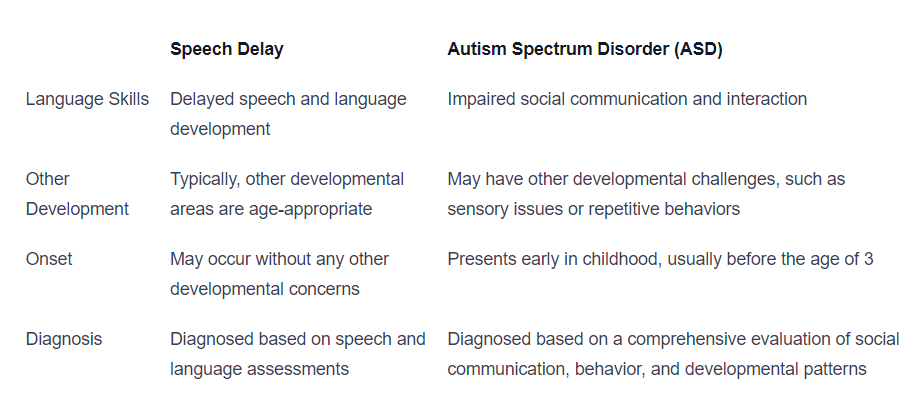
It's important to consult with a healthcare professional or a speech-language pathologist for a comprehensive evaluation if you have concerns about your child's speech development. They will be able to assess and determine the underlying cause of the speech delay, whether it is related to autism spectrum disorder or another developmental issue.
By understanding the differences between speech delay and autism spectrum disorder, parents and caregivers can make informed decisions about intervention strategies and seek appropriate support for their child's needs. Early intervention and individualized therapy can play a crucial role in helping children with speech delay or autism spectrum disorder reach their full potential in communication and overall development.
References
Find More Articles
Contact us
North Carolina, Tennessee, Nevada, New Jersey, Utah, Virginia
New Hampshire, Maine
Massachusetts, Indiana, Arizona, Georgia
.avif)


























.jpeg)














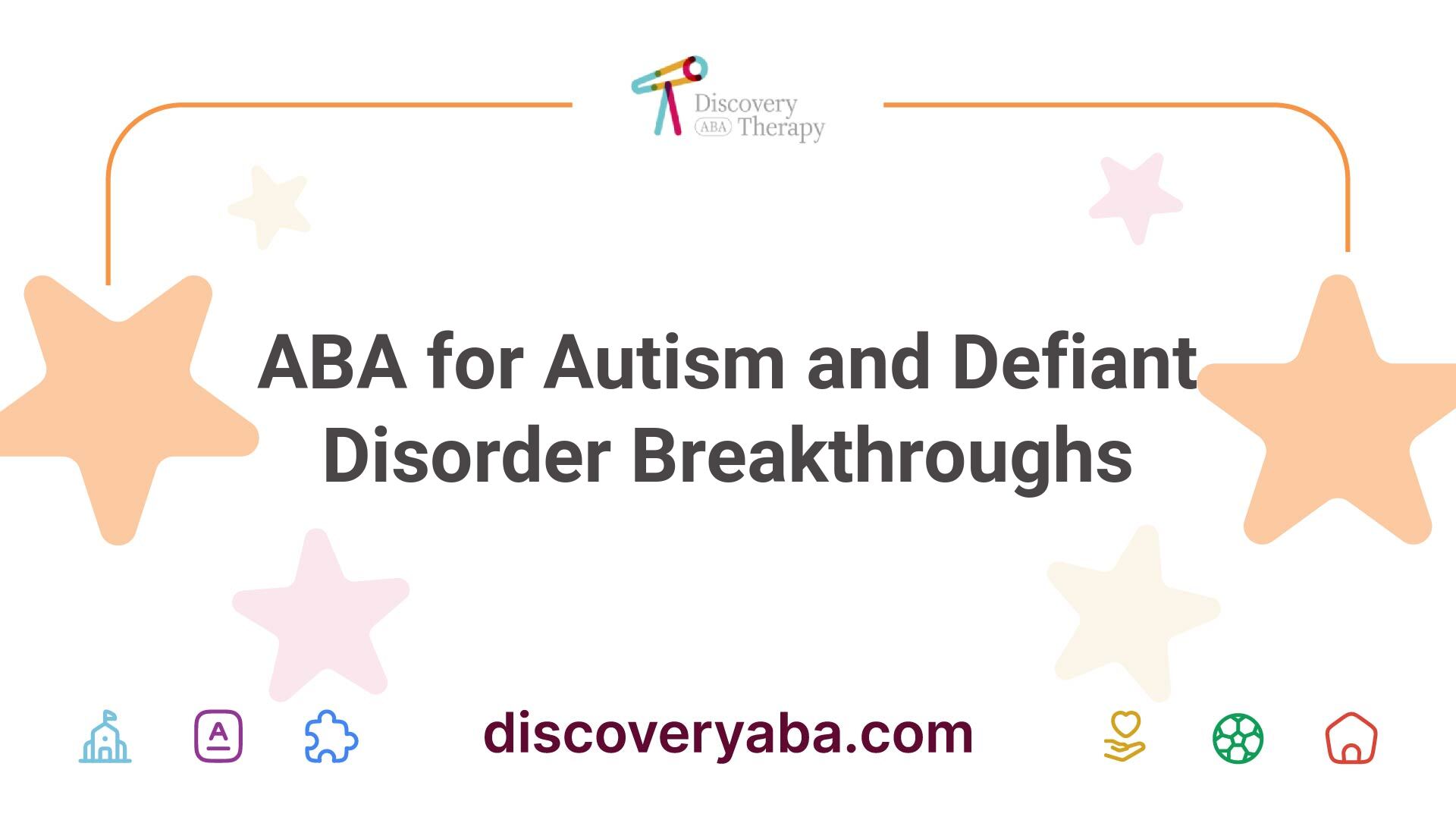







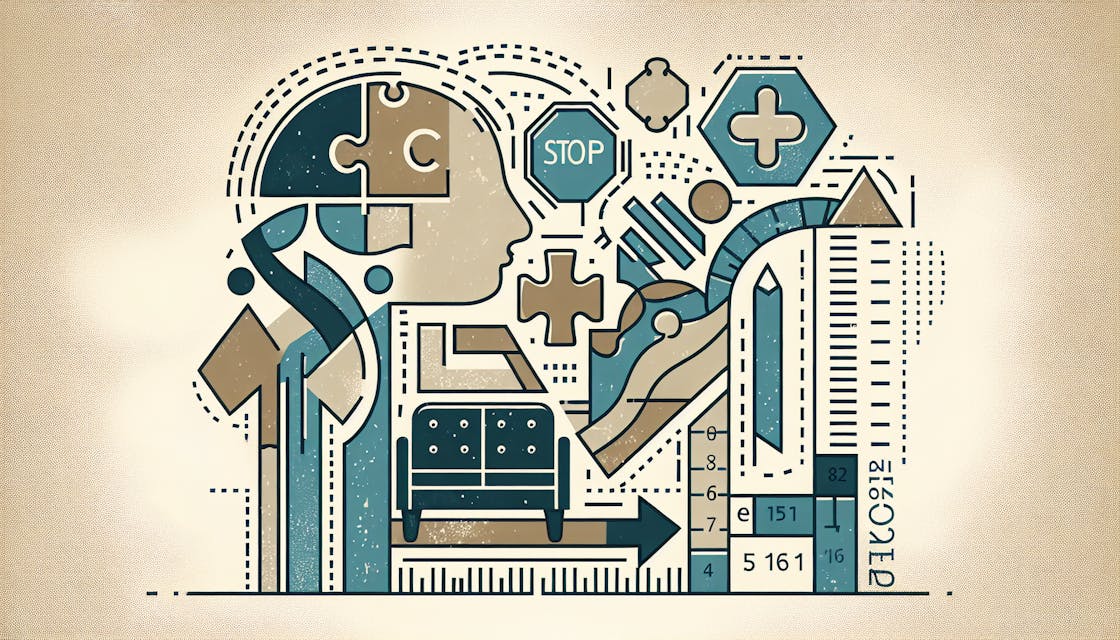











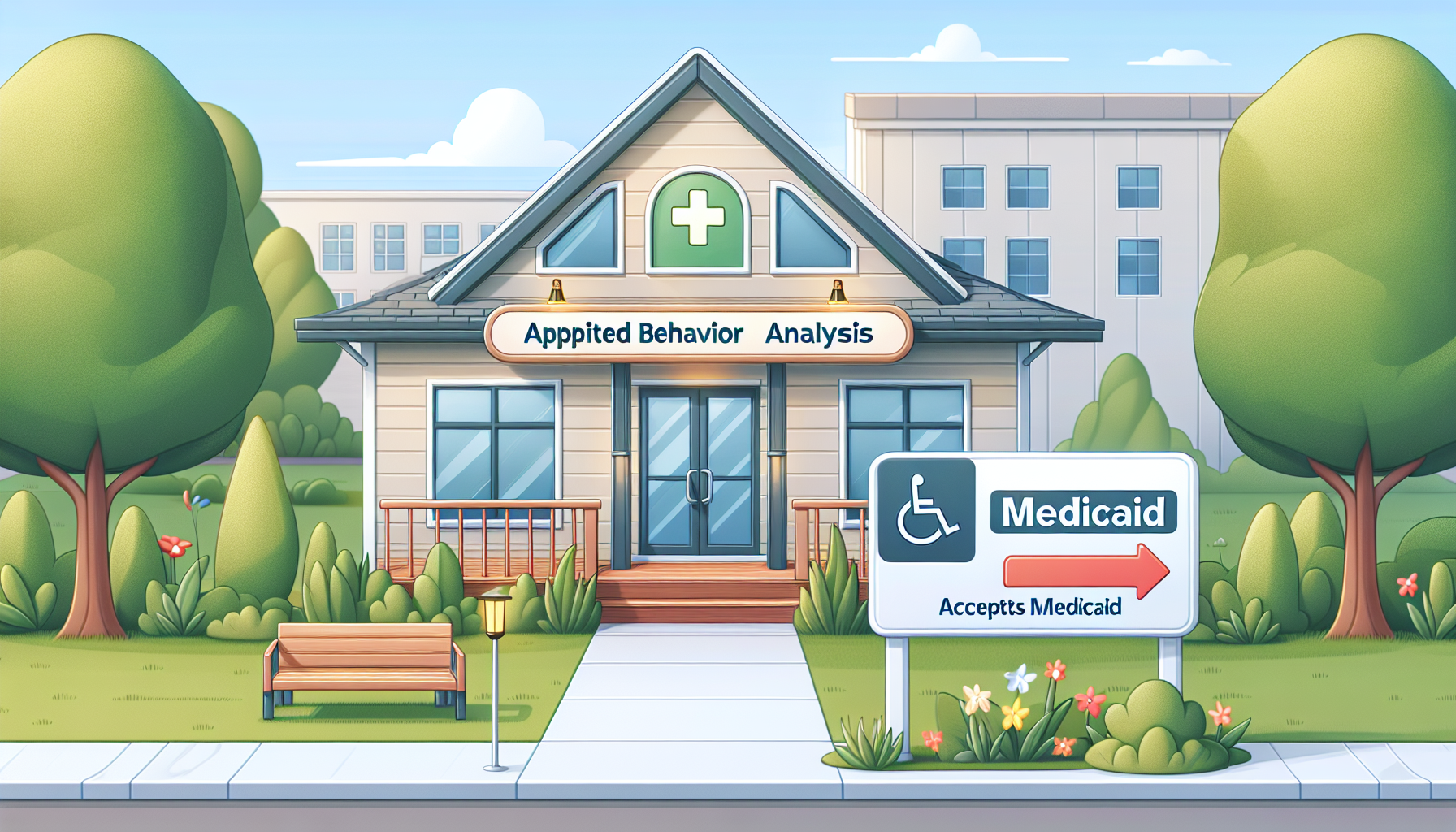









.jpeg)







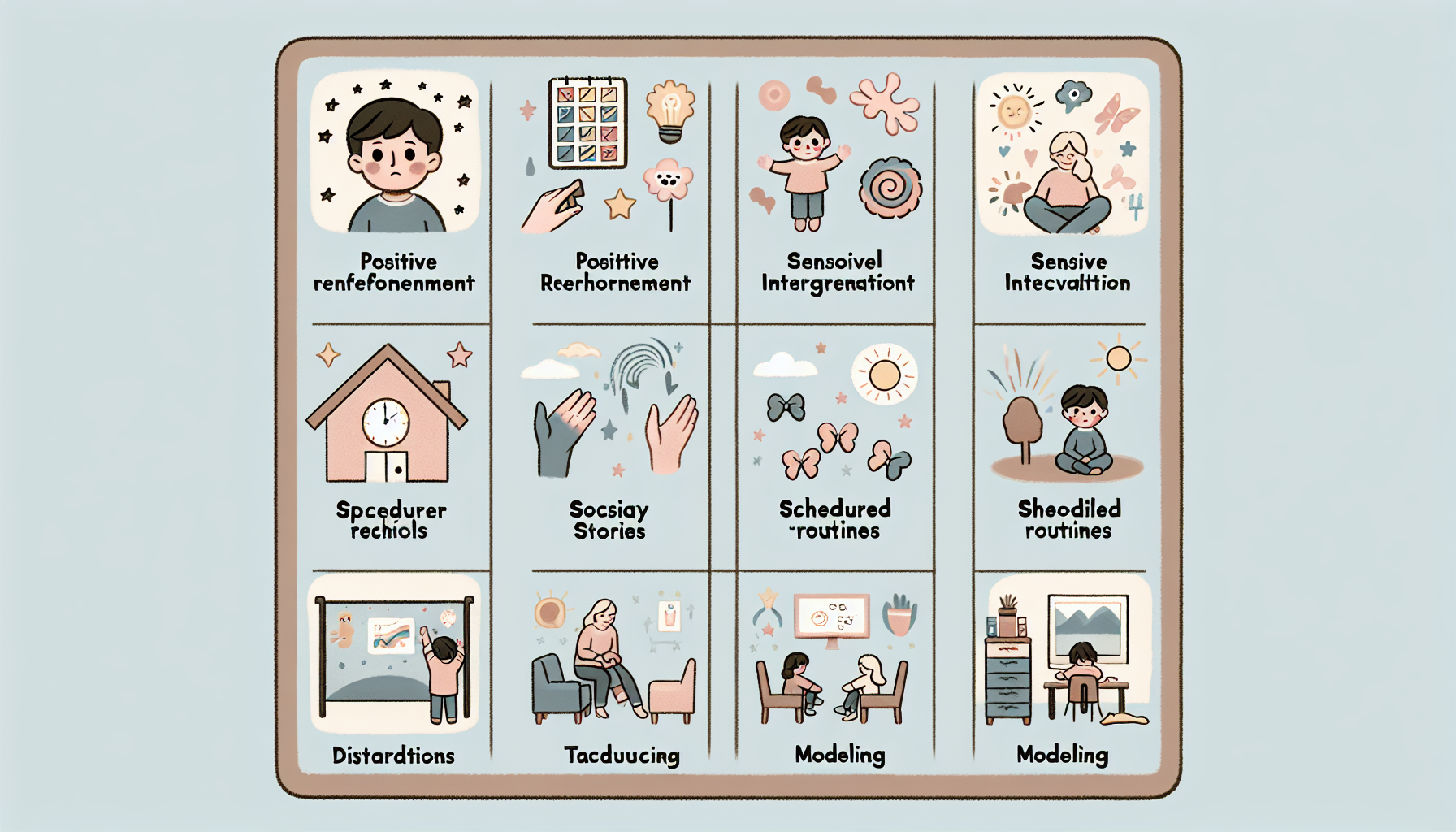

.jpeg)
.jpeg)



.jpeg)




